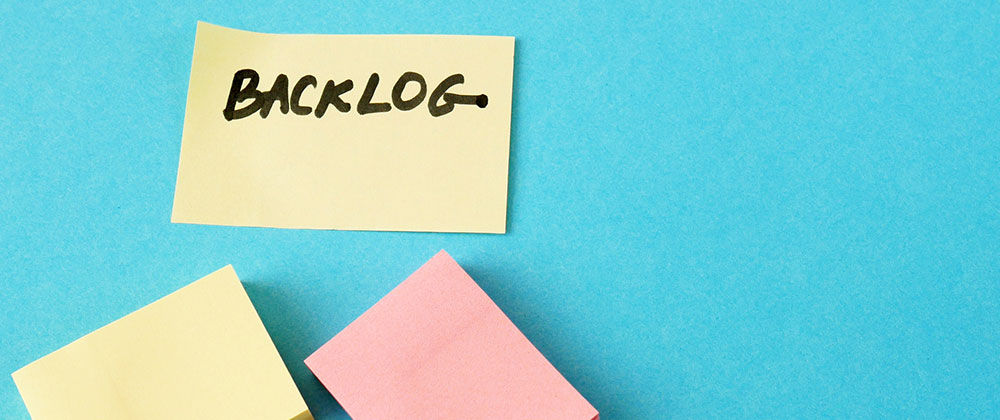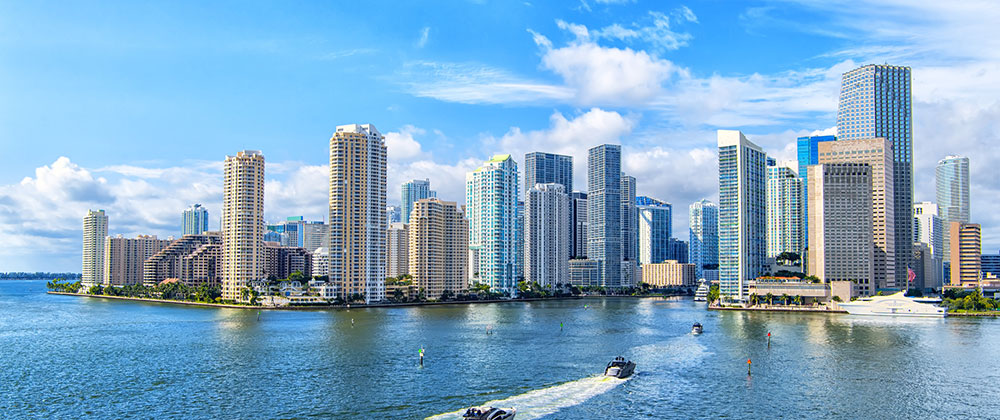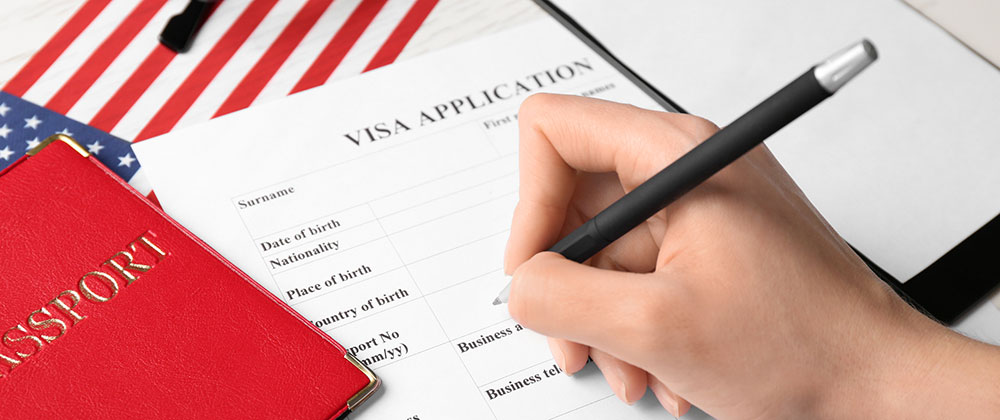March 2016: Obama Relaxes Travel Restrictions in Cuba
Travel restrictions in Cuba began in 1962 when President John F. Kennedy placed sanctions as a response to actions of the Cuban government. Since then, the U.S. forbade its citizens from traveling to Cuba by law. Additionally, various statutes and regulations further secluded Cuba from The United States.
In 2014, President Obama opened talks with acting Cuban President Raul Castro. One item on the agenda: lifting the travel ban. Consequently, the U.S. wanted to see changes in attitude from the Cuban government in return for complete travel access between the two countries. By 2016, Cuba wanted the limited changes of 2011 extended to include all trips, while the U.S. wanted to see changes in attitude from Cuba in return.
By March of last year, Cuba and the United States came to further agreement, relaxing travel restrictions in Cuba. Here are some of the ways the Obama administration made it easier for Americans to travel to Cuba:
Tourism changes
While a formal tourism ban remains, Americans are now allowed to travel to Cuba independently on “educational” trips, rather than within organized groups. People wishing to visit under these terms spend their time in Cuba cultural sightseeing and speaking with people about life in Cuba.
People who qualify to travel to Cuba for specific, authorized reason no long need to apply for permission to travel to Cuban any longer. In fact, those with approved “general licenses” for U.S. travel to Cuba may now fly directly without travel restrictions in Cuba.
Americans visiting Cuba may now return with up to $400 in goods including alcohol and world-famous Cuban cigars.
Banking changes
Before, there was a ban on Cuban financial transactions going through banks in the United States. Now, Cuban citizens may open U.S. bank accounts to transfer money to family back home.
Furthermore, American can now send Cubans more money. Today, people can send anywhere from $500 to $2,000 back to Cuba every three months. As long as they do not pay special taxes in Cuba, citizens may earn salaries in the U.S. before beginning their immigration process.
Maritime changes
Previously, the United States travel restrictions in Cuban placed the country on a list of inadequate port security which kept U.S. ships from entering the country. Since the agreement, Cuba no longer is on the list. Obama approved the first ferry service between the U.S. and Cuba before leaving office. Furthermore, a handful of authorized U.S. cruise lines is no able to travel to Cuba.
Aviation changes
The first U.S. commercial flight to Cuba landed in Santa Clara on August 31, 2016. The first commercial flight between the U.S. and the capital city Havana completed on November 28, 2016– days after the death of Fidel Castro.
Trade changes
A huge change Obama implemented was the restoration of direct mail services between the United Sates and Cuba. The first mail carrier flight left the U.S. shortly before Obama’s March 2016 trip. Furthermore, the United States may commercially export new communications and Internet devices including software, hardware, and services.
The first U.S. factory in Cuban approved since 1959 will be an assembly plant that produces small tractors. Additionally, Obama authorized the export of goods like tractor parts and construction materials to jumpstart the project.
Diplomacy changes
President Obama began diplomacy changes with Cuba by sitting down with President Raul Castro in Panama. This meeting was the first face-to-face between leaders of the rival countries in decades and was the first of man high-level exchanges and visits between officials.
As part of the changes, embassies in each country reopened– in particular, the Cuban embassy in Washington D.C. and the U.S. Embassy in Havana. Furthermore, the United States released three Cuban prisoners in exchange for American Alan Gross. Cuba is no long on the U.S. list of state sponsors of terrorism.
And Some Things Never Change
The Obama administration repeatedly urged Congress to completely lift the U.S./Cuban trade embargo, but to no avail.
The Law Office of Pozo Goldstein: Miami Immigration Lawyers
At the Law Office of Pozo Goldstein, our Miami immigration lawyers are well-versed on travel restrictions in Cuba. If you are unsure about your rights as a Cuban-American who wants to go home or send money to family, Schedule an initial consultation online or call us at 305-547-8831.



